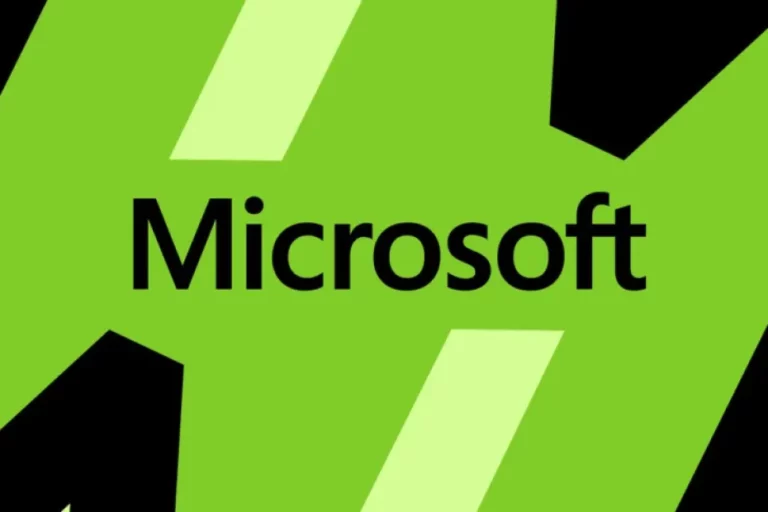In a significant development, Microsoft has launched Phi-3 Mini, the smallest AI model in its lineup, with plans to release two additional variants, Phi-3 Small and Phi-3 Medium. This move marks a strategic expansion of the company’s AI offerings, catering to diverse customer needs.
Phi-3 Mini boasts 3.8 billion parameters, a relatively smaller dataset compared to large language models like GPT-4. Despite its compact size, it demonstrates impressive capabilities, rivaling those of larger models. The new AI model is now available on Azure, Hugging Face, and Ollama, making it accessible to a broader audience.
This compact design makes it an attractive option for personal devices like phones and laptops, where smaller AI models excel due to their reduced computational requirements and cost-effectiveness.
Microsoft’s Eric Boyd, Corporate Vice President of Azure AI Platform, highlights Phi-3 Mini’s prowess, stating it is as capable as larger language models like GPT-3.5, but in a smaller form factor. This compact design makes it an attractive option for personal devices like phones and laptops, where smaller AI models excel due to their reduced computational requirements and cost-effectiveness.
The development of Phi-3 Mini is a result of Microsoft’s focused efforts on lighter-weight AI models. The company has also created Orca-Math, a model specializing in math problem-solving. Competitors like Google, Anthropic, and Meta have their own compact AI models, each with unique strengths, such as document summarization, coding assistance, and chatbots.
What sets Phi-3 apart is its innovative training approach, inspired by how children learn from bedtime stories. Developers created a “curriculum” for Phi-3, using a list of over 3,000 words and enlisting the help of a large language model to generate “children’s books” that teach the AI. This approach allowed Phi-3 to build upon the knowledge acquired by its predecessors, Phi-1 and Phi-2, excelling in coding and reasoning capabilities.
Its smaller size means it cannot match the breadth of knowledge offered by larger language models like GPT-4,
While Phi-3 demonstrates impressive abilities, it is essential to acknowledge its limitations. Its smaller size means it cannot match the breadth of knowledge offered by larger language models like GPT-4, which have been trained on vast internet datasets. However, Phi-3’s compact design and affordability make it an attractive choice for companies with smaller internal datasets, seeking customized AI solutions.
In conclusion, Microsoft’s Phi-3 Mini represents a significant milestone in the development of compact AI models, offering a powerful yet accessible solution for various applications. Its innovative training approach and capabilities make it an exciting addition to the AI landscape, with potential applications in chatbots, coding assistance, and more.



